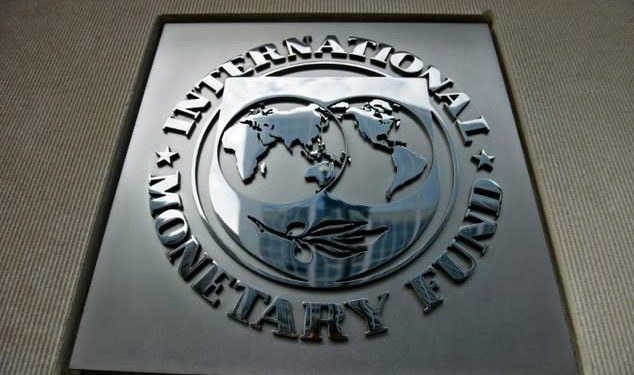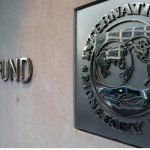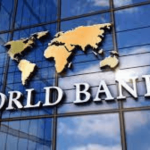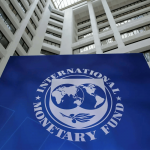The International Monetary Fund (IMF) has urged the Nigerian government to accelerate the rollout of its cash transfer programme, warning that millions of vulnerable households need urgent relief amid rising inflation and economic challenges.
Julie Kozack, Director of the IMF’s Communications Department, made this call during a press briefing on March 27, 2025. She stressed that while the government’s economic reforms aim to stabilize the country, they must be backed by strong social safety nets to protect struggling Nigerians.
“We recognize the difficult situation that many Nigerians face,” Kozack said. “Completing the cash transfer programme remains a top priority, alongside improving revenue mobilization to strengthen the country’s economy.”
The IMF is set to send a team to Nigeria next week for the 2025 Article IV Consultation, a routine evaluation of the country’s economic policies. This follows a recent visit by the IMF’s First Deputy Managing Director, Gita Gopinath, who met with Finance Minister Wale Edun and Central Bank Governor Yemi Cardoso. Gopinath also held discussions with civil society organizations, private sector leaders, and students at the University of Lagos.
The IMF has repeatedly urged Nigeria to expand its cash transfer programme, particularly in rural areas where poverty and food insecurity are worsening. A World Bank report revealed that as of May 2024, over three million poor households benefited from Nigeria’s cash transfer scheme, but 83% of recipients were in urban areas, leaving rural communities underserved.
Funded by an $800 million World Bank loan, the programme was designed to ease the financial burden on the country’s poorest citizens. However, experts argue that unless rural areas receive equal attention, the initiative may fail to provide meaningful relief where it is needed most.
The World Bank has emphasized that cash transfers play a crucial role in preventing Nigerians from falling into long-term poverty traps, especially as inflation and sluggish economic growth continue to erode household incomes.
With inflation at record highs and living costs soaring, pressure is mounting on the Nigerian government to act swiftly and ensure that relief funds reach those who need them most.










